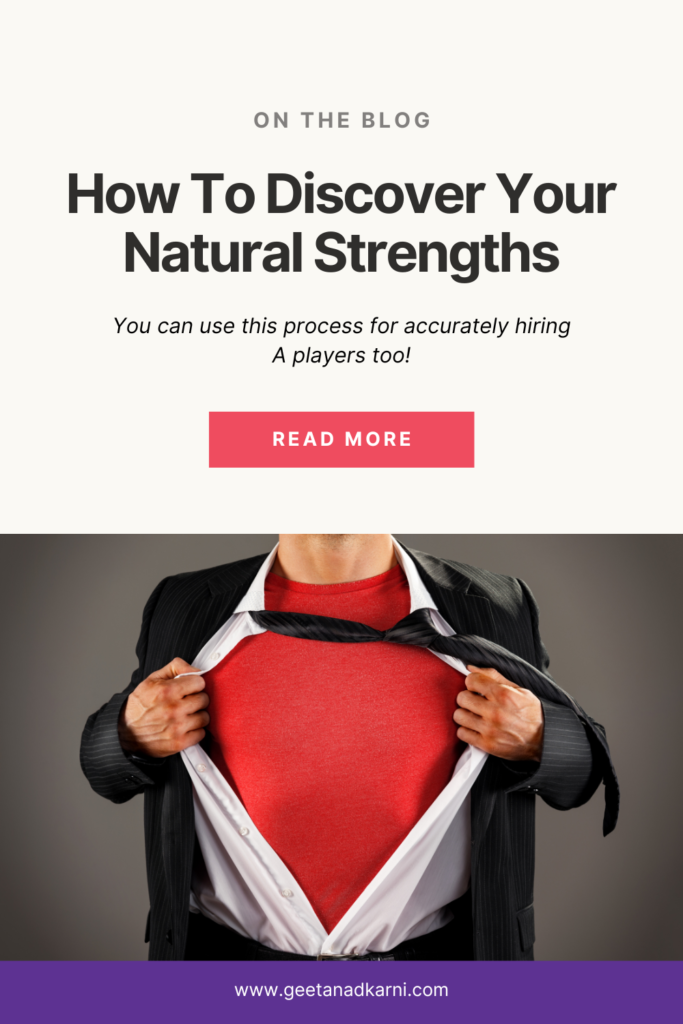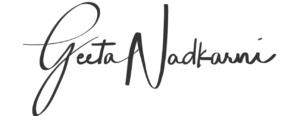I was recently reading Steven Covey’s brilliant second edition of The 7 Habits of Highly Effective Families, and right at the very beginning of the book, he said something that struck me.
“Work from a strengths-based paradigm.”
A paradigm is the way you see the world – it often includes unconscious or unexamined assumptions.
In the book, Covey shares how his mother once attended a talk he was giving. She was annoyed and distracted by a couple sitting a few rows ahead of her who kept whispering the whole time.
Later she found out that the lady was Korean and the man was her interpreter.
Now, instead of being annoyed, she was embarrassed. Embarrassed for judging them and embarrassed about how much of the talk she had missed because she was focused on the annoying whispering.
Since her nature was to be warm and welcoming, had she simply had an accurate paradigm, she would have made the extra effort to welcome the lady and maybe even introduce her to her famous son.
So we can see how the way we see things (our paradigms) affect our emotional response, our actions and the results we create.
Covey shares the interplay of seeing, doing and getting results in this diagram (this is my enhanced version from my journal):
Covey posits that instead of focusing on changing behavior, we will get the most result from focusing on shifting paradigms.
Let’s test this theory:
Take the example of his mother at the lecture. Imagine the likely outcome of having her focus on trying to pay more attention to the talk (behavior) vs her shifting her perspective on the whispering couple.
Which is more effortful? Which leads to a better, more fruitful result?
Research backs up Covey’s hypothesis. It shows that those that focus learning and improvement on areas of perceived strength tend to have better motivation (self regulated learning behaviour) and make more progress than those who work on areas of perceived weakness.
So what’s the paradigm shift we’re going for here?
Working from a place of strength, where you feel like you’re building on an existing competence or talent will almost always give you better results than beating yourself up or operating from a “fixing weakness” mentality.
So if you’re trying to improve family culture, it would be a great idea to sit everyone down (kids included) and ask each individual as well as the group as a whole to weigh in on each person’s strengths. This way even younger kids get to be celebrated for their gifts.
And moving forward, the family can focus on encouraging each member to develop and practice their strengths instead of being critical and focusing on weaknesses.

But what if you’re not super sure what your strengths are?
I’ve written before about how “rearviewing” is more effective and accurate when it comes to discovering patterns and strengths than aspirational thinking is.
In other words, you want to look into your lived experience with relaxed awareness.
I recommend these questions, harvested from Peter Ivanov’s Power Teams Beyond Borders, a book on building effective virtual teams:
- What do you find easy and fun to do in your job?
- What is your biggest success (or successes) so far?
- What do people ask you for help with most often?
- If I were to ask your best friend what your biggest strength is, what would they say?
- From everything you just told me, what do you think is your biggest strength?
You can always replace the work context with “life” or “marriage” or “parenting” to get a deeper dive into your strengths in different contexts.
What you’ll notice is that you’ll have certain core strengths that you bring to every situation. These are the ones you want to focus on actively developing and turning into your default.
For example, one of my core strengths is helping people get clarity on their internal motivations. I have effectively used this to help my kids design their chores to be more pleasurable. I’ve used it to make date nights super fun and come up with ways to connect that aren’t about kids or work or house stuff. I’ve also used it to design the way I read, write and create.
It’s an area that I read a lot on so I’m always learning new ways of doing something I’m naturally good at. Which makes me feel in control of my life (and that’s really what most of us are after).
Now it’s your turn.
Work through the 5 questions above with a 5 minute timer set for each. In 25 minutes, you’ll have greater clarity around the areas of your life that are worth focusing on. Then, on a different day, explore other areas of your life and see what your core strengths are.
The final touch would be for you to make a bullet point list of 5 ways you can enhance or develop your core strengths.
Happy journaling! You have so much to give the world!





